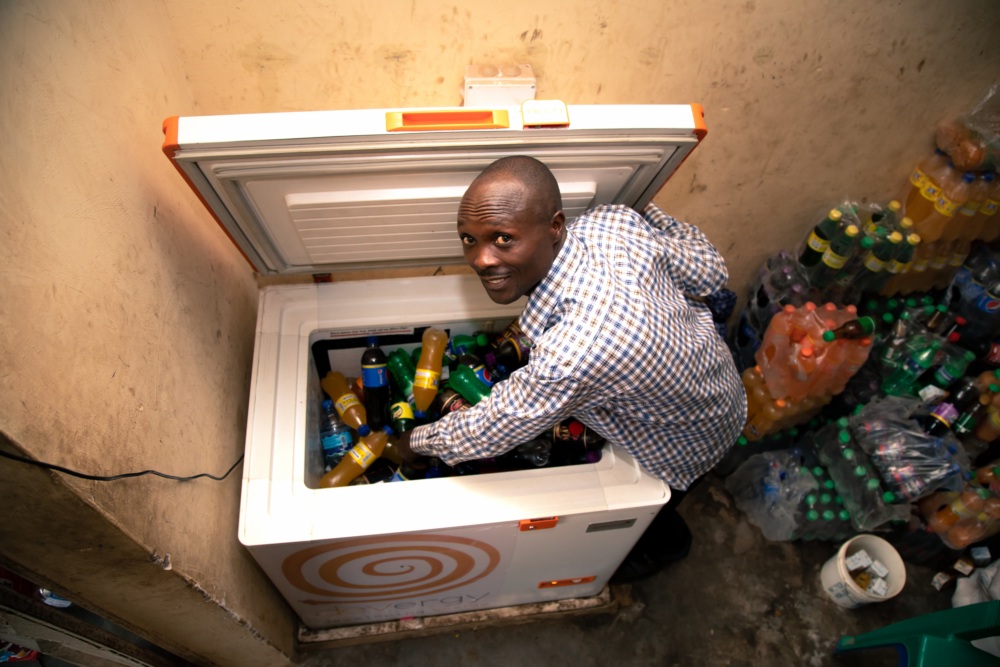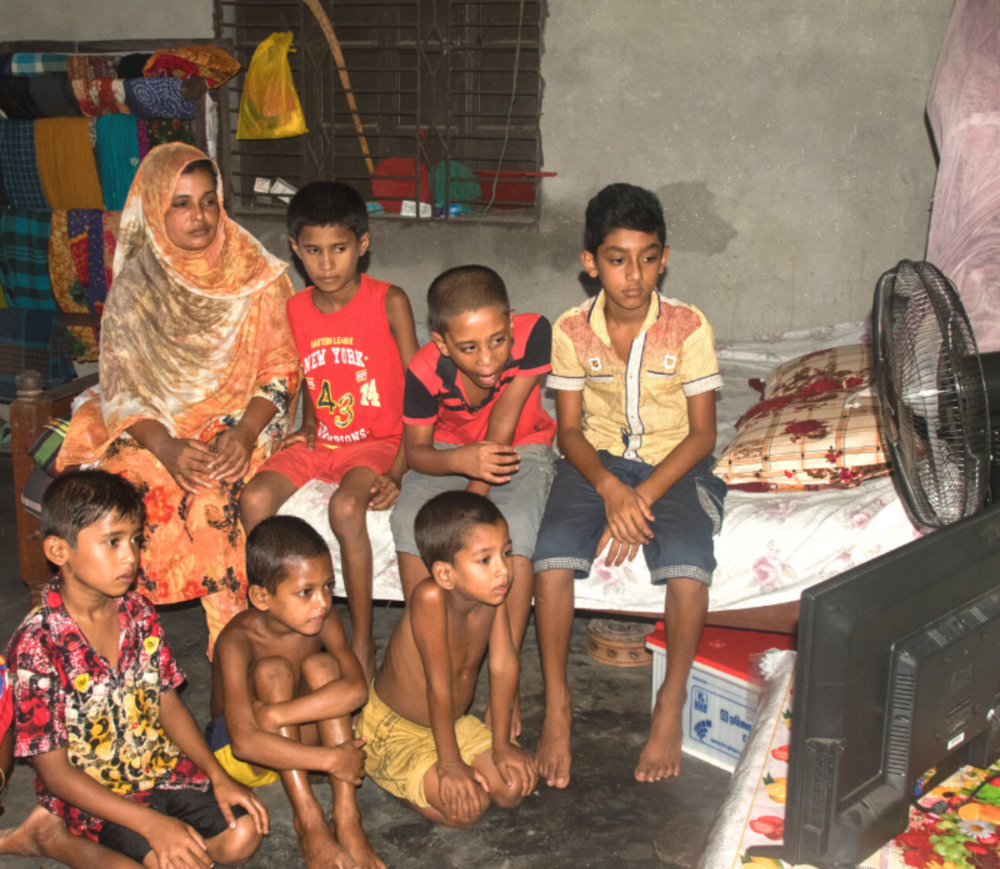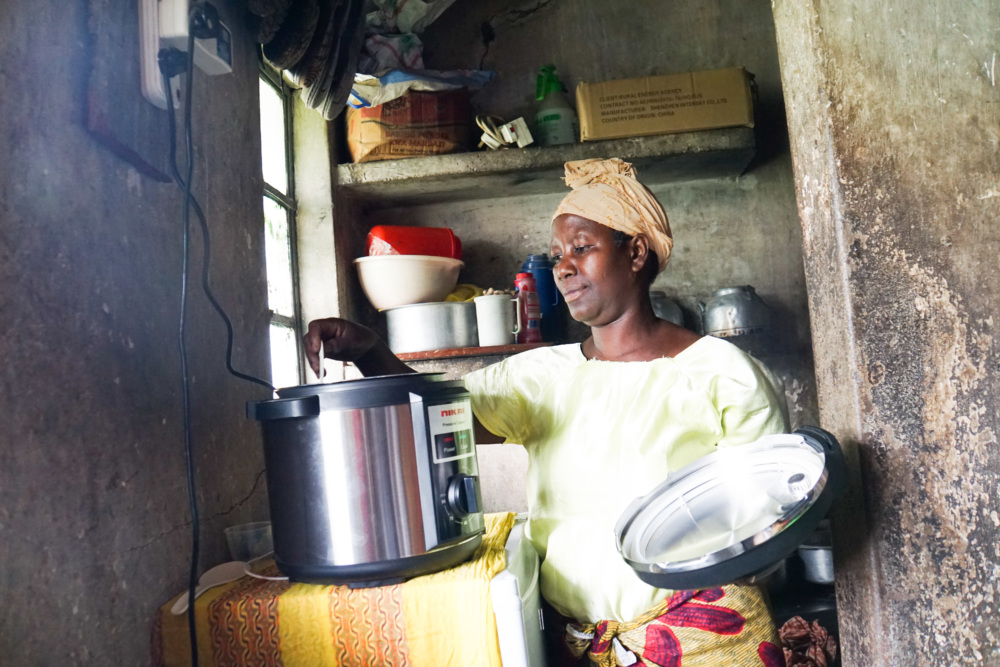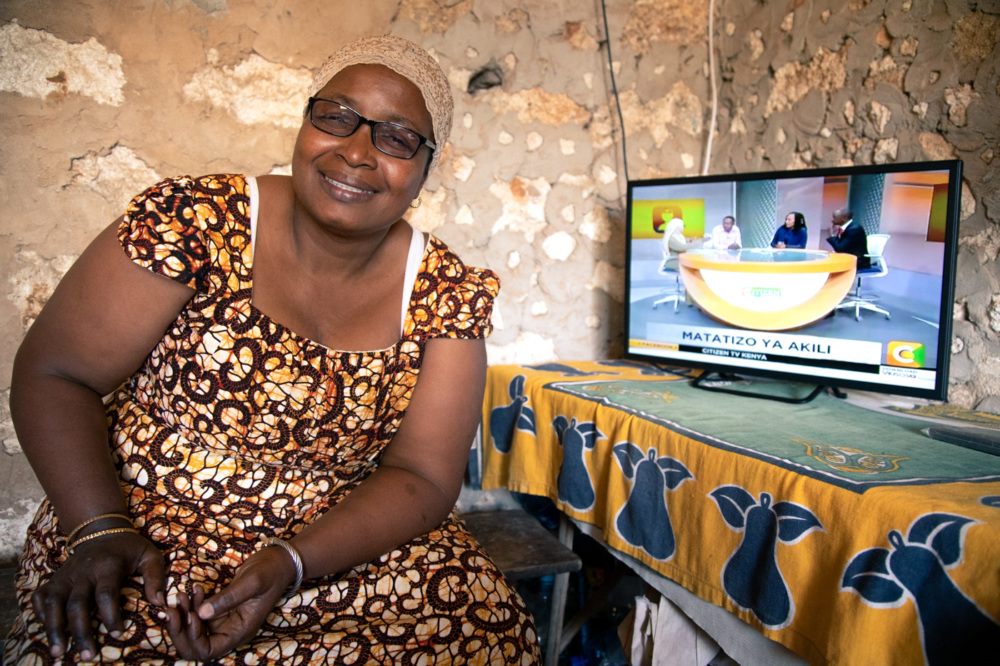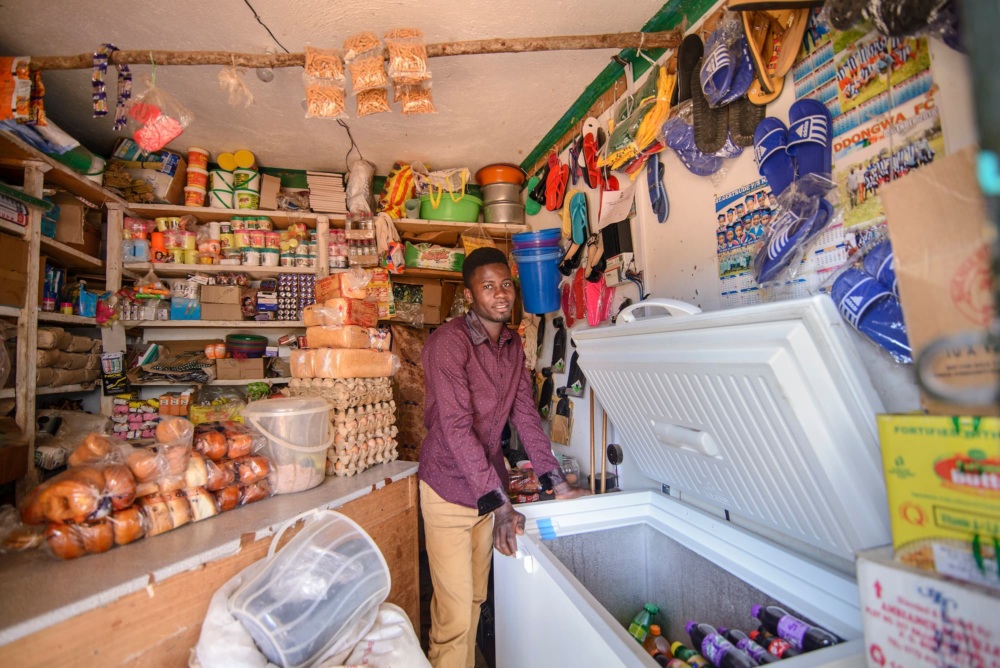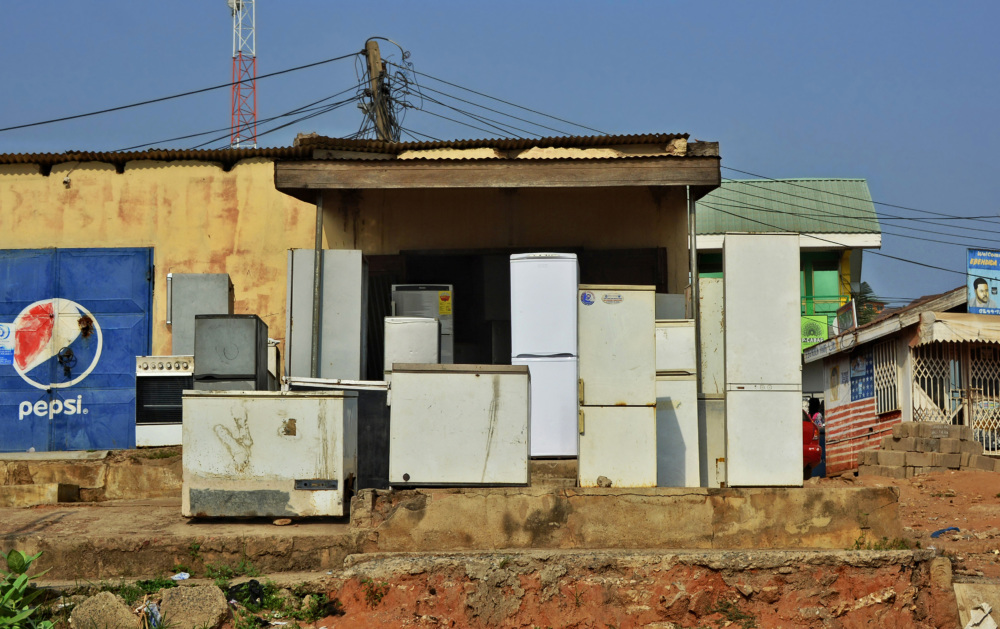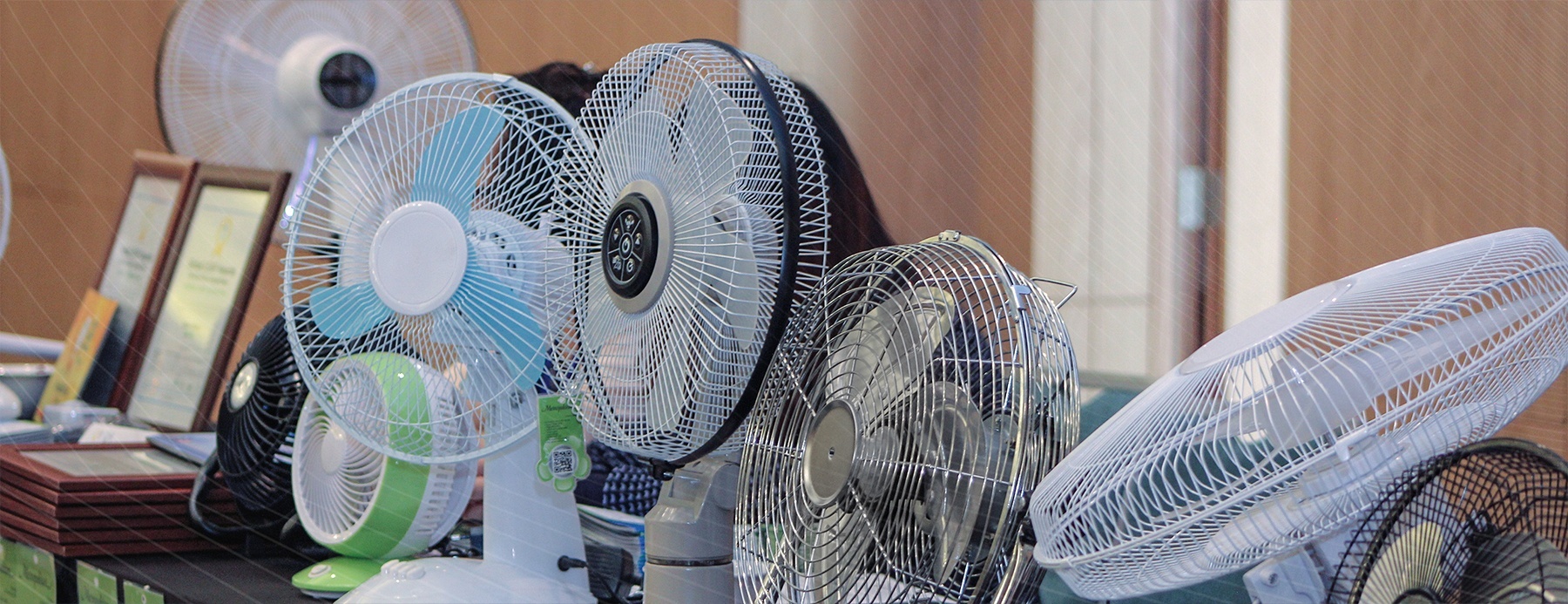Electric Pressure Cooking: Accelerating Microgrid E-Cooking Through Business and Delivery Model Innovations
Summary
To evaluate the need and use-case for EPCs, CLASP conducted a small-scale study with PowerGen Renewable Energy mini-grid EPC customers in rural Tanzania. The report outlines the business model and delivery mechanisms used to distribute the EPCs, demonstrating that in-person trainings and loan facilities are critical components of product uptake and retention.
Developed by CLASP for the Efficiency for Access Coalition in collaboration with PowerGen Renewable Energy
Three billion people around the world depend on food cooked over polluting, open fires or inefficient stoves. Exposure to household air pollution (HAP) from burning wood, charcoal, coal and kerosene is a leading risk factor for respiratory diseases, putting women and children primarily responsible for domestic activities at the highest risk.
Electric pressure cookers (EPC) represent a viable clean cooking solution for communities living on mini-grids, combining low energy consumption and high pressure to cook household staples in East Africa. EPCs also provide a range of benefits, from reducing carbon emissions and personal exposure to harmful pollutants to lowering the burden of disease associated with HAP. Despite the potential of EPCs to accelerate access to clean cooking in low income, rural communities, poor consumer awareness, high-cost and lack of viable product options inhibits the market.
To evaluate the need and use-case for EPCs, CLASP conducted a small-scale study with PowerGen Renewable Energy mini-grid EPC customers in rural Tanzania. The report outlines the business model and delivery mechanisms used to distribute the EPCs, demonstrating that in-person trainings and loan facilities are critical components of product uptake and retention.
Download the Electric Pressure Cooking: Accelerating Microgrid E-Cooking Through Business and Delivery Model Innovations report.
___________________________________________________________________________________
The pilot was supported by the Modern Energy Cooking Services (MECS) program, a five-year program funded by UK Aid (DFID). The research, conducted by CLASP as Co-Secretariat of the Efficiency for Access Coalition, was supported by the Low –Energy Inclusive Appliance (LEIA) program.
About Efficiency for Access
Efficiency for Access is a global coalition working to promote renewable and energy efficient appliances to deliver clean energy to the world’s poorest people. It is coordinated jointly by CLASP and the UK’s Energy Saving Trust.

